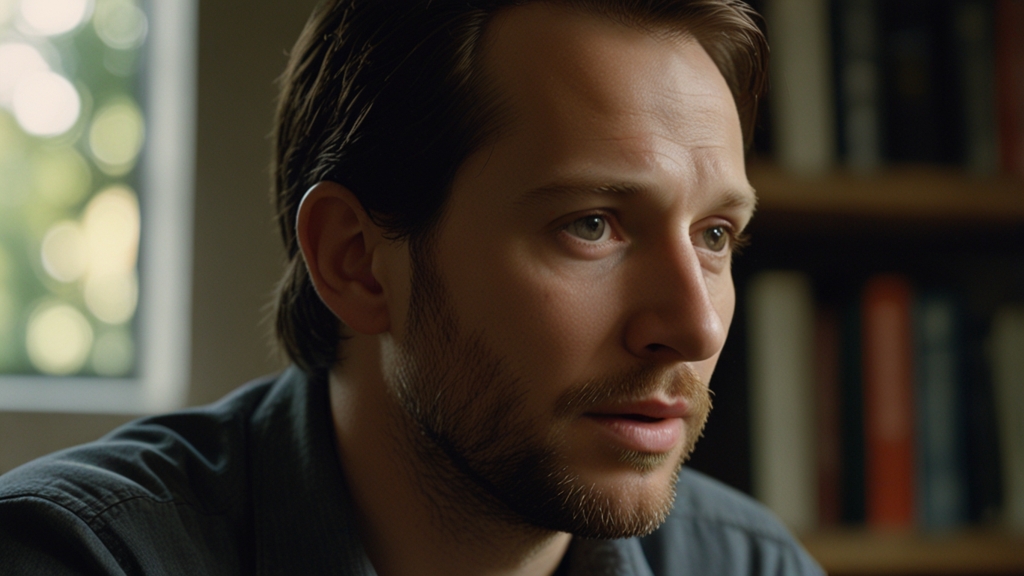Introduction
The ancient world was rich with prophecies and the enigmatic figures who delivered them—prophets. Revered for their mysterious abilities to predict the future and offer divine guidance, these individuals have left an indelible mark on history and spirituality. Unraveling the mysteries of ancient prophets and their revelations involves sifting through historical texts, religious scriptures, and archaeological discoveries.
The Role of Prophets in Ancient Societies
Prophets in ancient societies served multiple roles: they were spiritual leaders, social reformers, and sometimes even political advisors. Though the nature of their revelations varied, one common thread was their purported connection to a higher power. For example, in the context of ancient Israel, prophets like Isaiah and Jeremiah were seen as mouthpieces of Yahweh, delivering messages that ranged from calls for repentance to dire warnings of impending doom.
"From ancient times, the role of the prophet has been to serve as an intermediary between the divine and the earthly realms, conveying messages that often called for a return to spiritual and moral righteousness." — Scholar of Ancient Religions
Methods of Revelation
Revelations could come in various forms—visions, dreams, and even direct communication with divine beings. The biblical prophet Ezekiel, for instance, is known for his elaborate and symbolic visions, such as the vision of the Valley of Dry Bones, which symbolized the restoration of Israel.
In many cultures, the act of prophecy was often accompanied by rituals and symbols. The ancient Greeks had the Oracle of Delphi, where the Pythia, a priestess, would enter a trance-state induced by natural gases emerging from a chasm beneath the temple, uttering cryptic messages that priests would interpret.
Authenticity and Skepticism
The authenticity of these ancient prophecies has always been a subject of debate. Skeptics argue that prophecies were often written or altered after the events they predicted had already occurred, making them seem more accurate than they were in reality. On the other hand, believers stress the improbability of such revelations being mere coincidences.
"While skepticism is healthy, one cannot ignore the uncanny accuracy of some ancient prophecies. Whether they were divinely inspired or the result of astute observation and insight, they continue to fascinate scholars and believers alike." — Expert in Comparative Religion
Archaeological and Historical Evidence
Archaeology has unearthed numerous artifacts and texts that provide context to these ancient prophecies. The Dead Sea Scrolls, discovered in the mid-20th century, contain some of the oldest known manuscripts of the Hebrew Bible and provide crucial insights into the scriptural traditions of ancient Jewish communities.
Similarly, inscriptions and relics found in ancient Mesopotamia give credence to the existence of prophetic figures in that region. The Mesopotamian "omens" involved complex systems of divination, often recorded on clay tablets, which influenced their societal decisions and kings' rulings.
Modern Interpretations and Influence
The influence of ancient prophets is not confined to the past. Their revelations continue to shape modern religious thought and practice. Prophets like Muhammad in Islam, who is considered the last prophet by Muslims, have shaped the ideologies and practices of millions of people around the world.
Furthermore, modern interpretations often seek to reconcile ancient prophecies with contemporary scientific understanding. This interdisciplinary approach, while controversial, aims to bridge the gap between faith and reason, making ancient wisdom relevant today.
Conclusion
Unraveling the mysteries of ancient prophets and their revelations offers a window into the spiritual and cultural complexities of the past. Whether viewed through the lens of faith or skepticism, the enduring fascination with these enigmatic figures highlights their timeless impact on human history and thought.
"The quest to understand ancient prophecies is, in essence, a quest to understand the human spirit and its eternal search for meaning beyond the tangible world." — Historian









